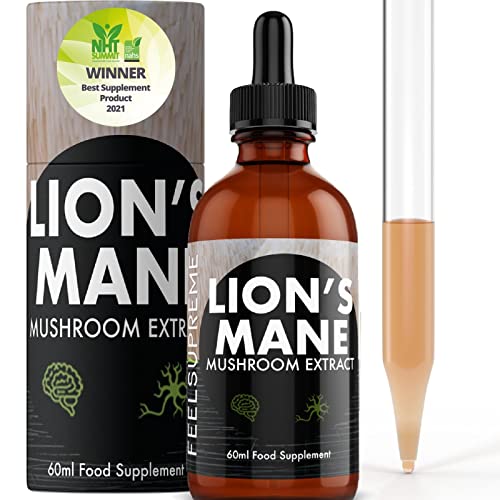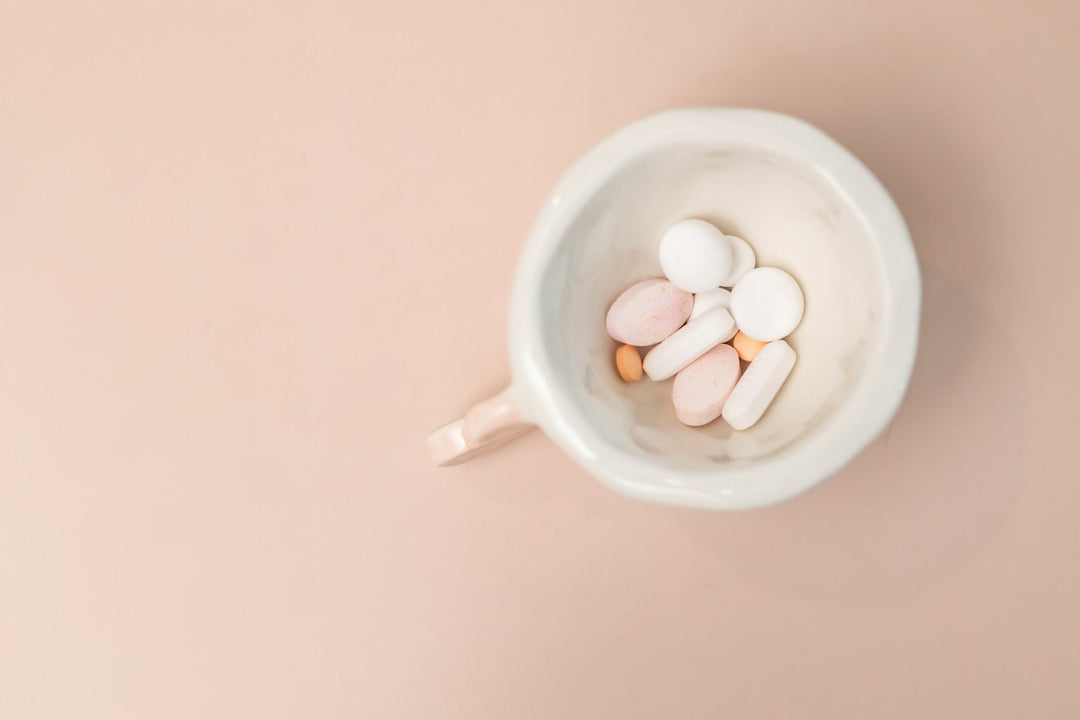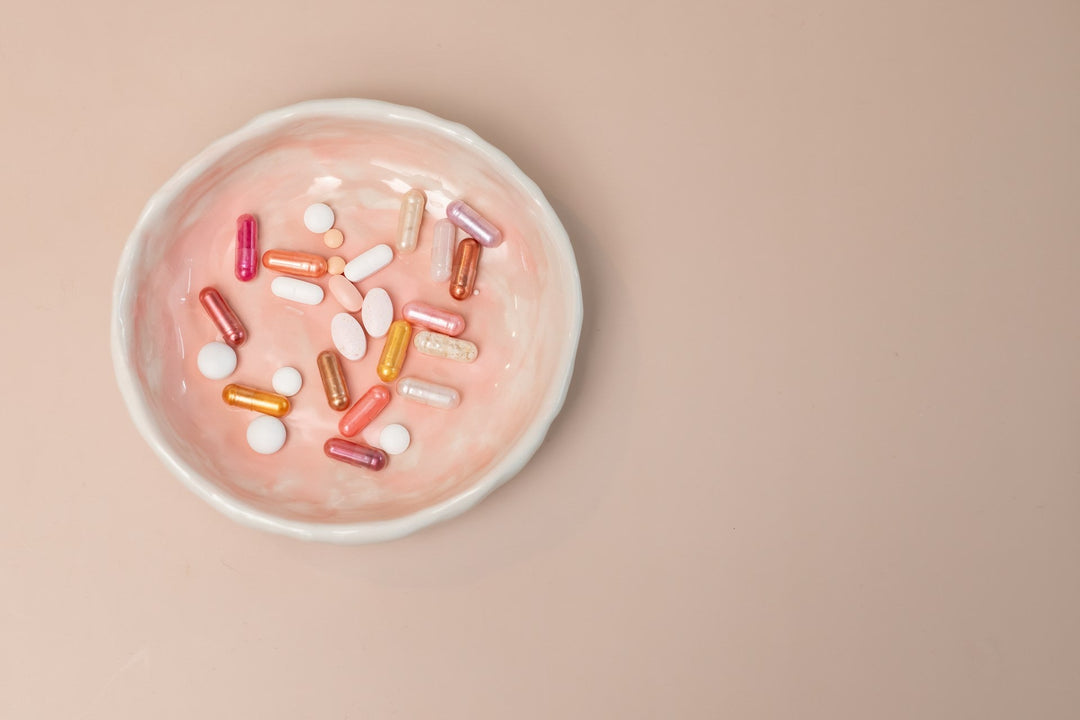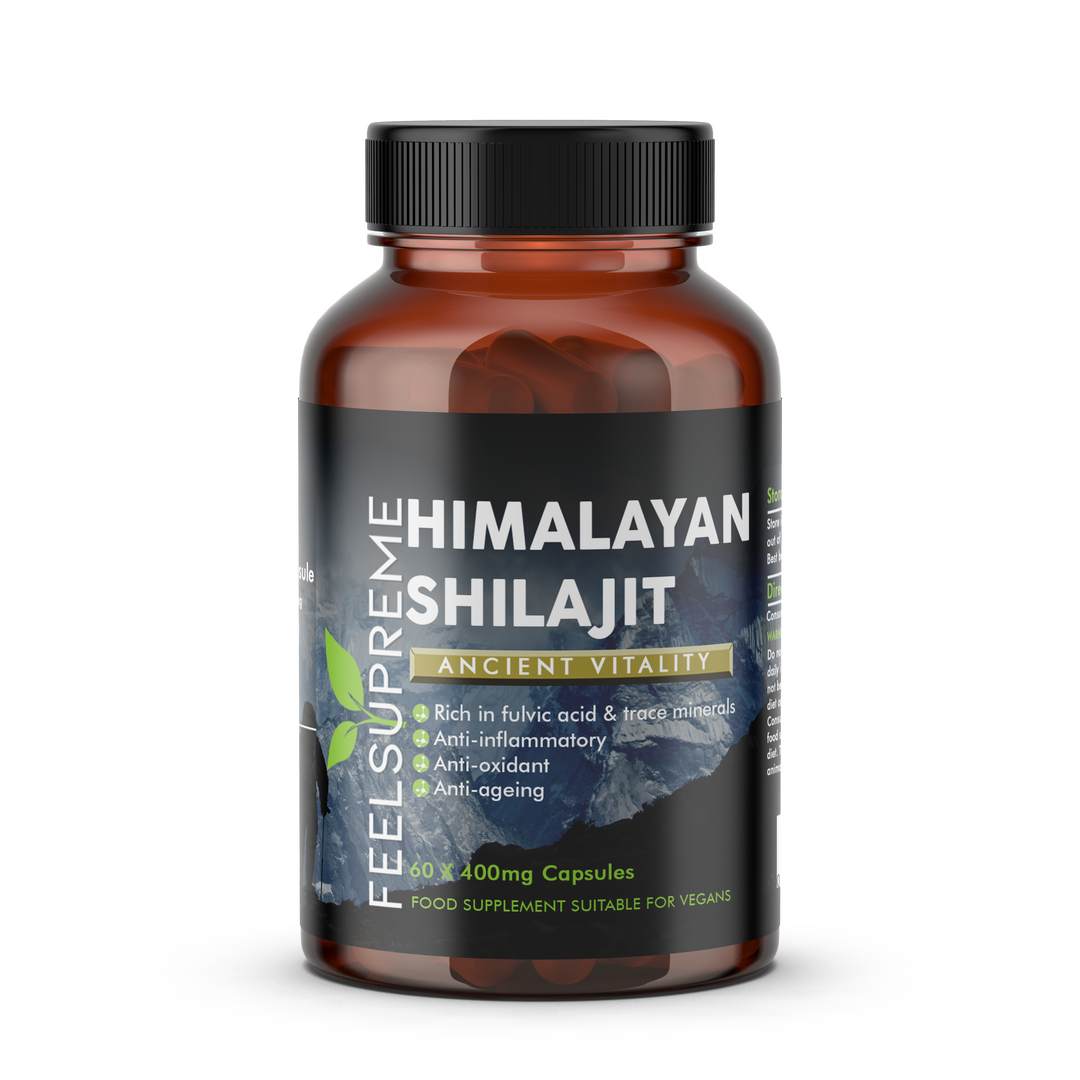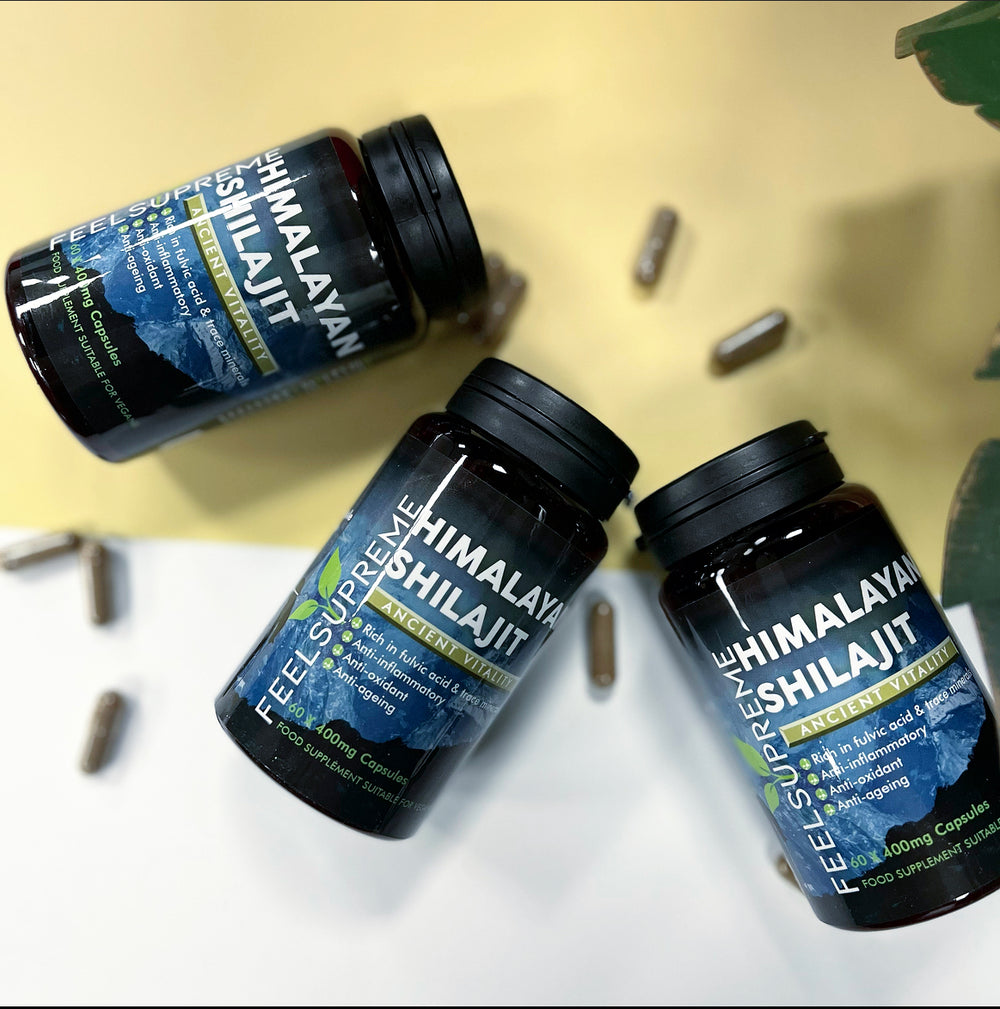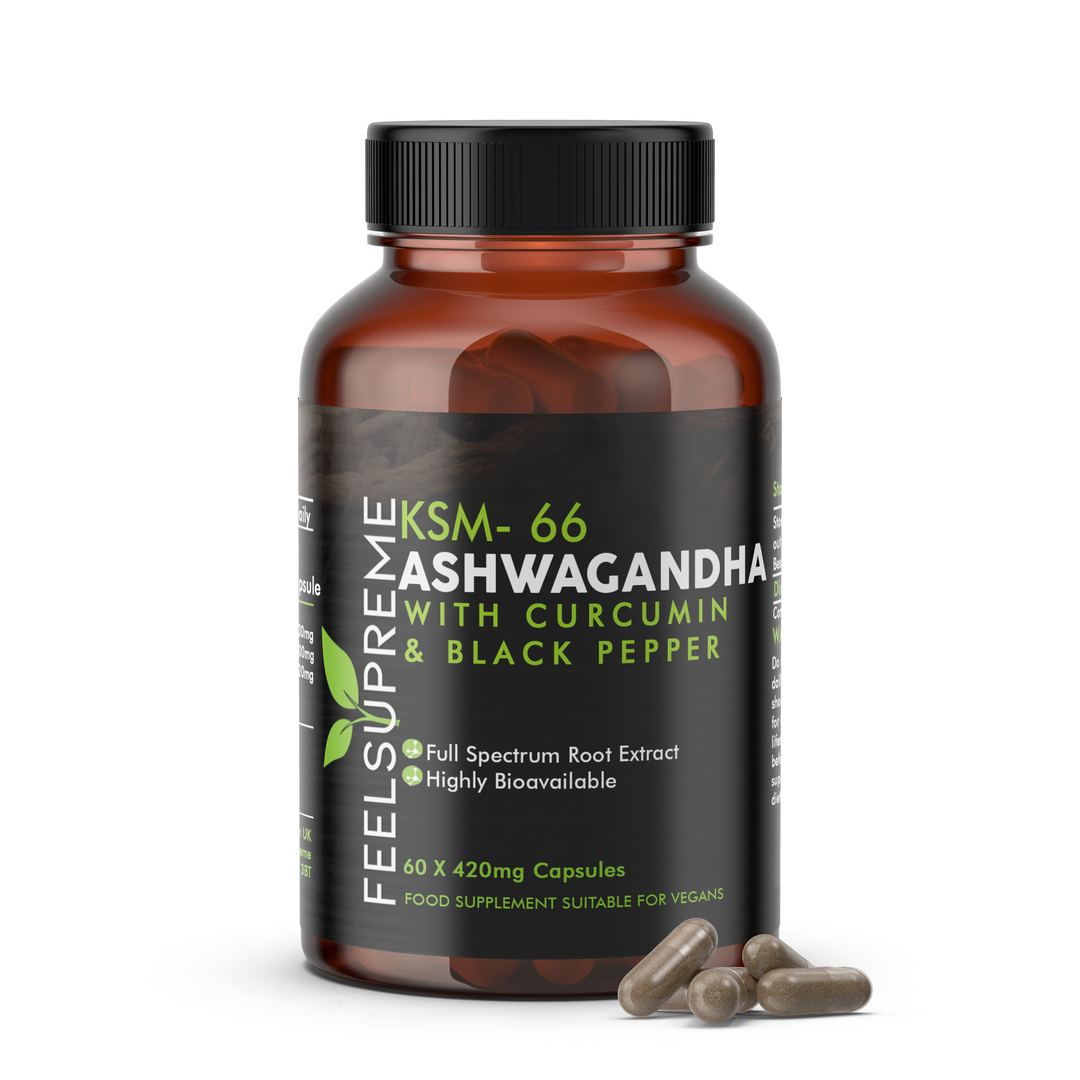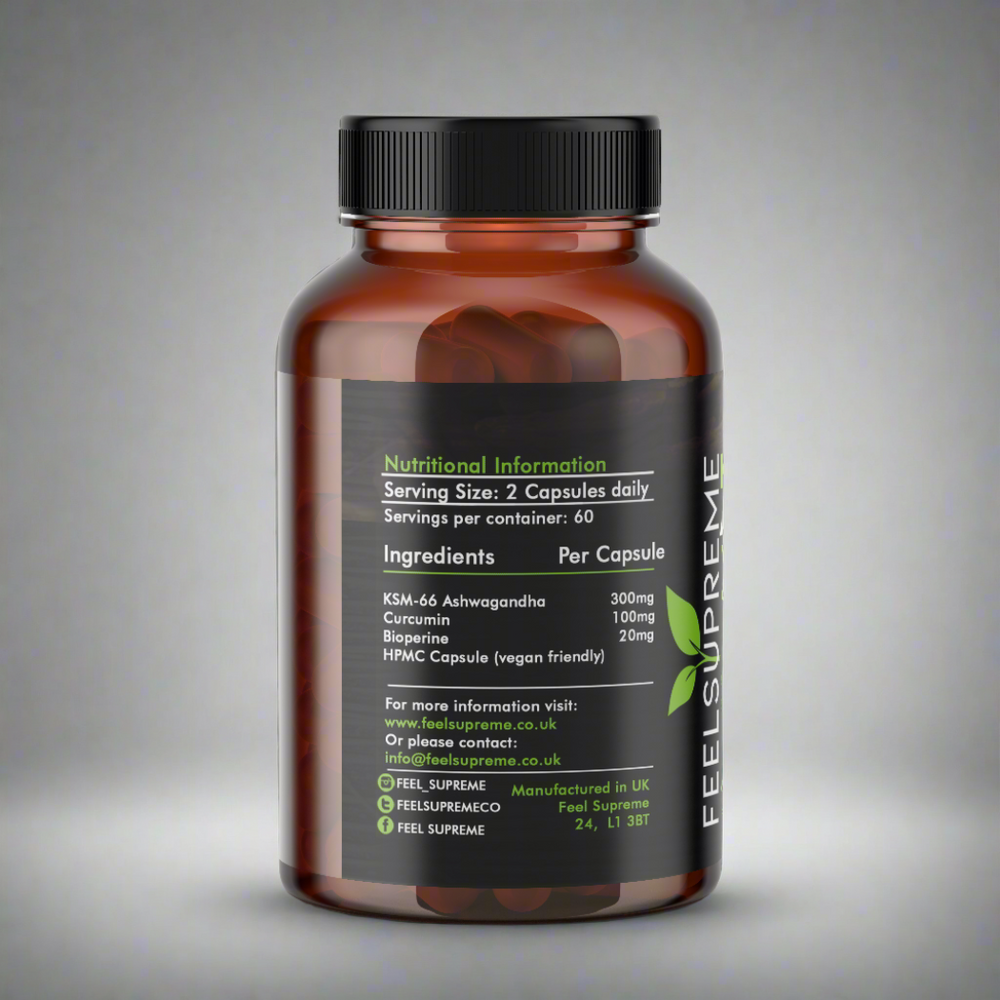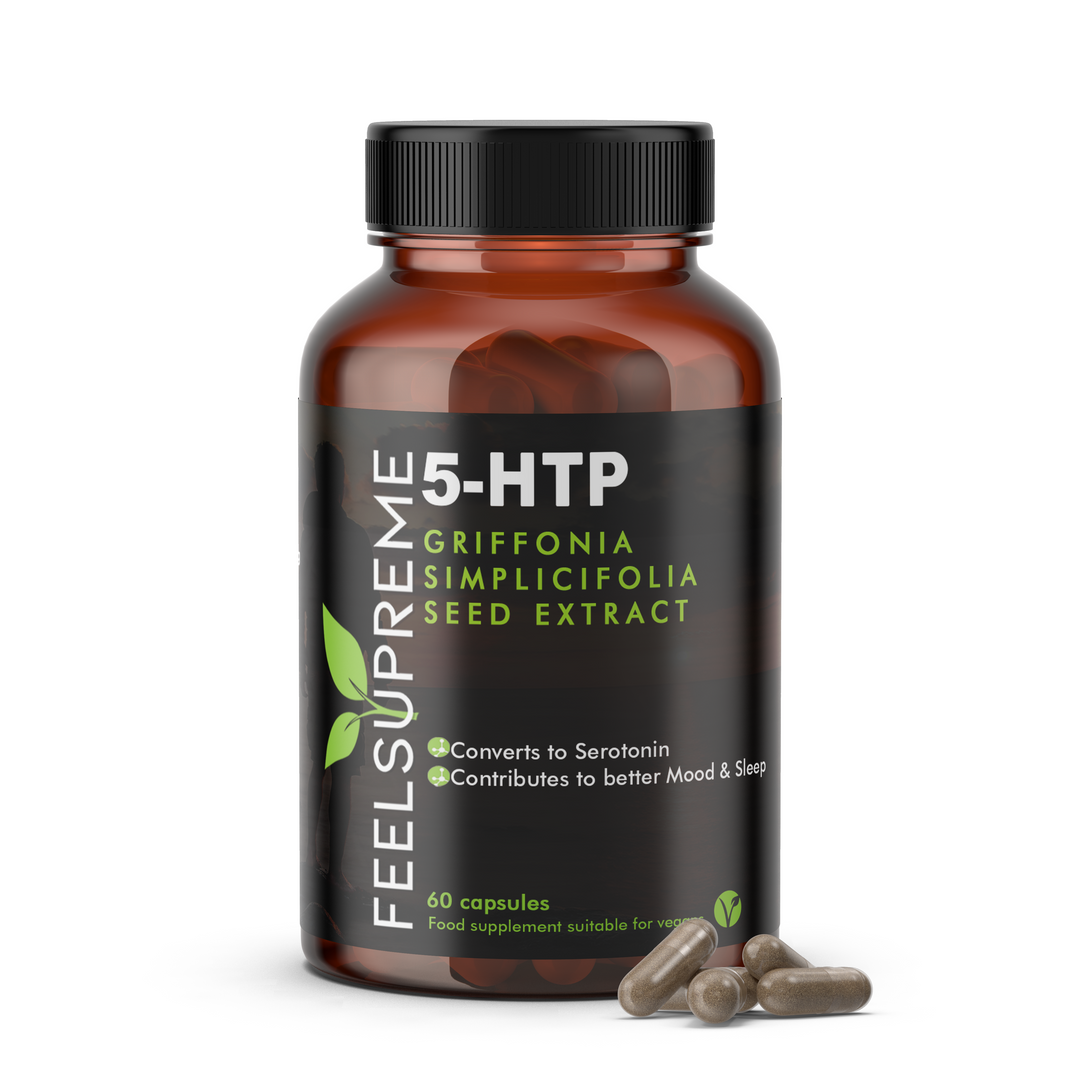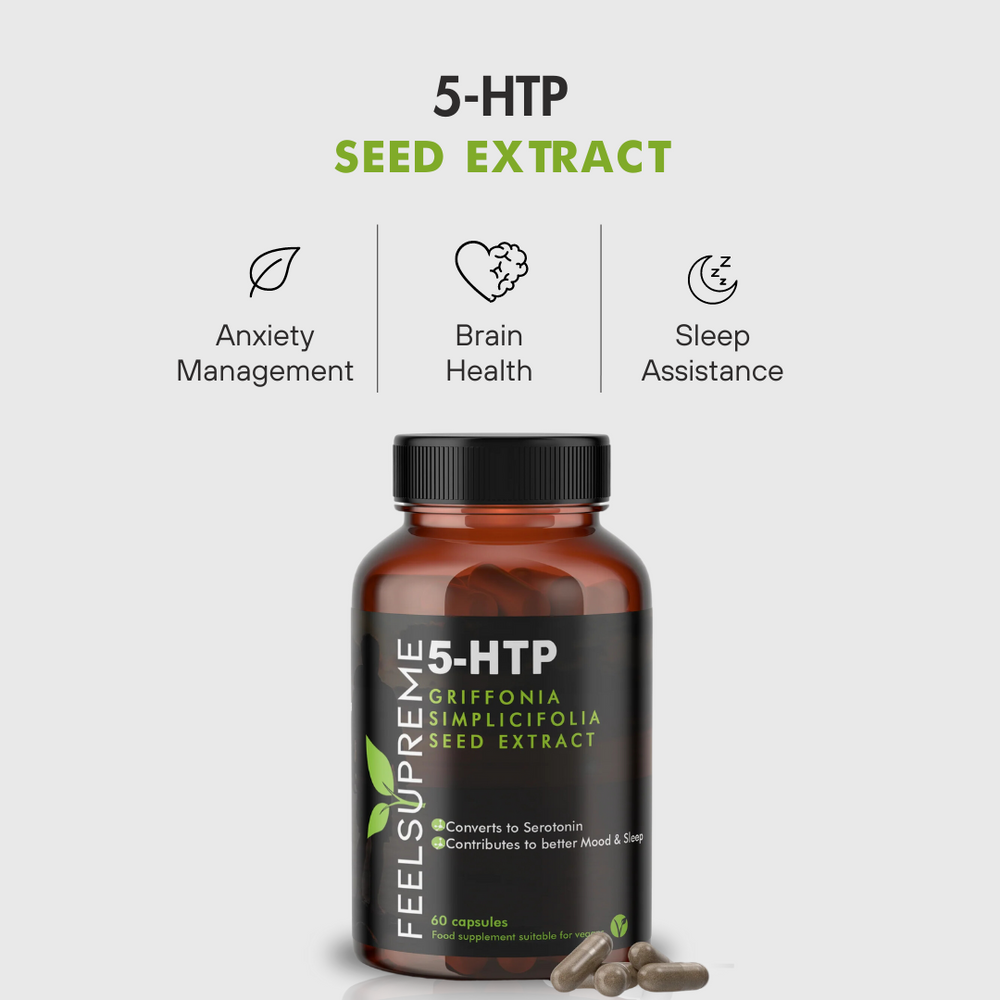There's no denying that mushrooms are having a moment! It's incredible how these little powerhouses of nature have captured the attention of researchers and doctors. Studies show that mushrooms have anti-inflammatory properties, can help regulate the immune system, and even offer potential benefits for mental health. The realm of mushrooms is an intriguing and varied one. This article will focus on a particular fungus - the lion's mane. We aim to delve into its history and numerous advantages associated with lion’s mane mushroom tincture and, above all, provide guidelines on the correct dosage for lion’s mane mushrooms.
History of Lion’s Mane
Let's get into the backstory of lion's mane mushroom, shall we? Lion’s mane has been used for centuries in traditional Chinese medicine for its therapeutic properties. It was said to help with digestion, boost brain function, and improve immunity. People used to hunt for it in the wild, but now it's commercially grown and widely available. Lion's mane mushroom in the UK has become increasingly popular as a functional ingredient supporting mental and physical well-being in recent years. People used to hunt for it in the wild, but now it's commercially grown and widely available. So, next time you get your hands on the lion's mane, remember that this mushroom has been around for ages and has a rich history of use in ancient cultures.
Lion's Mane Mushroom Tincture: How Is It Made?
If you’re thinking about incorporating a lion’s mane into your everyday life but drag your feet because the process seems too complex, a lion's mane tincture may be just the solution you need. Lion's Mane mushroom tincture is a popular mushroom supplement. The tincture is an extract prepared by combining the dried mushroom with a liquid, usually alcohol, and letting it steep. The main ingredients in this tincture are lion’s mane mushrooms and grain alcohol as the solvent. A producer may include other ingredients, such as vegetable glycerin, honey or cane sugar for sweetness, and natural flavours like cinnamon for taste.
Benefits of Taking Lion's Mane Tincture
With a lion's mane tincture, you can conveniently and quickly benefit from the medicinal properties of this powerful mushroom without the need for a complicated preparation process. In the following list, we highlight some of the tincture's key benefits:
Enhances Cognitive Function
Research has shown that Lion's mane mushrooms may enhance cognitive functioning. According to studies, it may improve memory, attention, and overall cognitive abilities.
Supports Nerve Growth
Lion's mane mushrooms contain compounds stimulating nerve growth and repair. As a result, it might be a promising treatment for diseases with nerve damage, such as multiple sclerosis and Parkinson's.
Reduces Inflammation
Lion's mane mushroom has anti-inflammatory properties, which may make it beneficial for reducing inflammation and pain in conditions such as arthritis and inflammatory bowel disease.
Boosts Immune Function
The lion's mane mushroom has immune-modulating properties, which may help promote immune function and prevent infection.
Who Should Avoid Lion’s Mane Mushroom Tincture?
Lion's mane mushroom tincture may benefit individuals looking to support their cognitive and neurological health, immune system, digestion, and overall well-being. However, pregnant and breastfeeding women, those with mushroom allergies, and those taking certain medications may want to avoid it. If you are considering taking lion's mane mushroom tincture, it is always a good idea to consult a healthcare provider to determine if it is safe and appropriate.
Lion’s Mane Dosage
The recommended dosage for lion's mane mushroom tincture can vary depending on the product and manufacturer. Reading the label and following the recommended dosage instructions is essential. The typical dosage for lion's mane mushroom tincture is 1-2 millilitres (ml) or 20-40 drops, taken two to three times per day. It is best to start with a lower dosage and gradually increase it over time.
Factors That Can Affect Dosage
Several factors can affect the dosage of lion's mane mushroom tincture appropriate for an individual. These include age, weight, overall health status, and the reason for taking the supplement. It is always a good idea to consult a healthcare provider to determine the appropriate dosage for your needs.
Potential Side Effects
Lion's mane mushroom tincture is generally considered safe for most people when taken at the recommended dosage. However, some individuals may experience mild side effects, such as digestive upset, headaches, and skin irritation. If you experience any side effects, it is important to discontinue use and consult with a healthcare provider.
A Final Note
Following the recommended dosage on the product label or as advised by a health professional when using lion's mane mushroom tincture is essential. Start with a lower dose and gradually increase it over time, as needed. This approach helps minimize the likelihood of adverse effects and allows your body to adjust to the supplement's potential impacts. If you experience any unwanted symptoms while taking lion's mane mushroom tincture, it's essential to stop using the product and seek advice from a healthcare provider. They can guide how to proceed and determine whether any underlying health concerns may contribute to the side effects.


